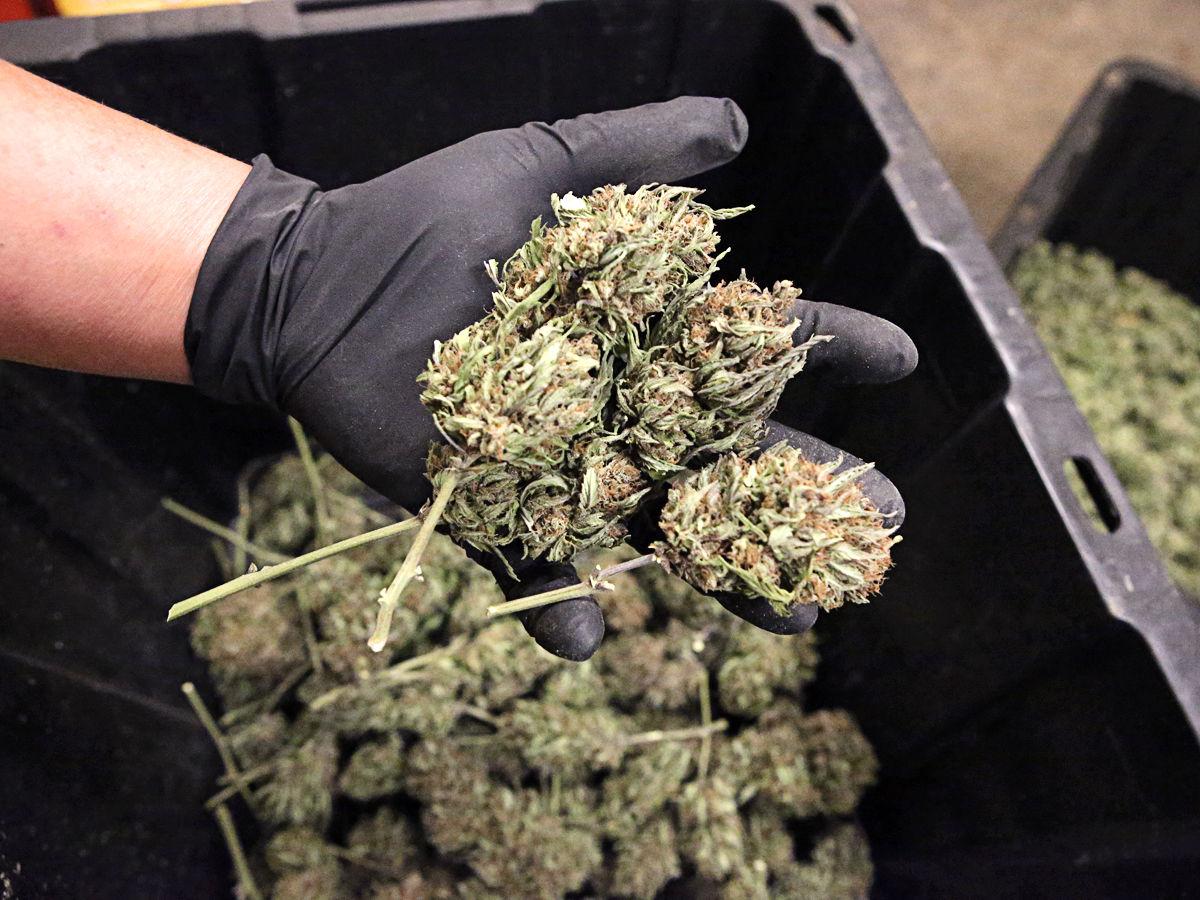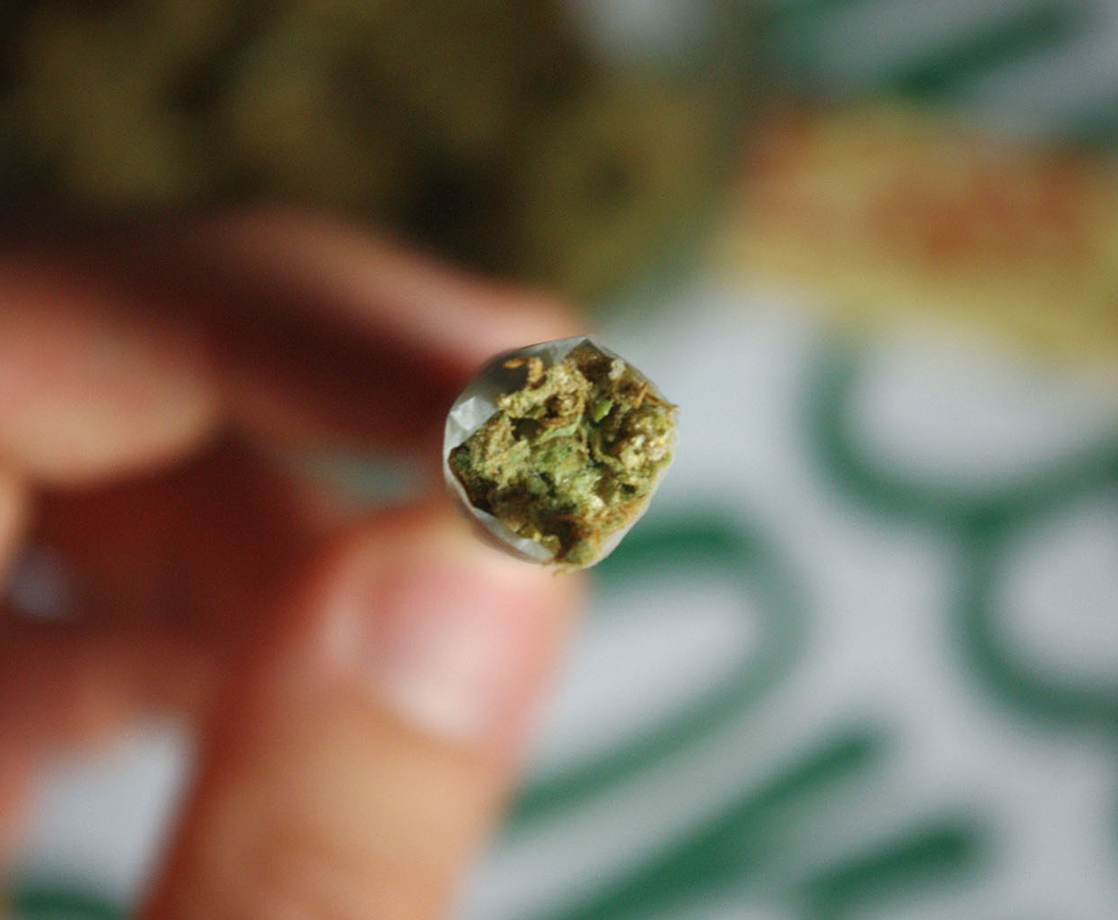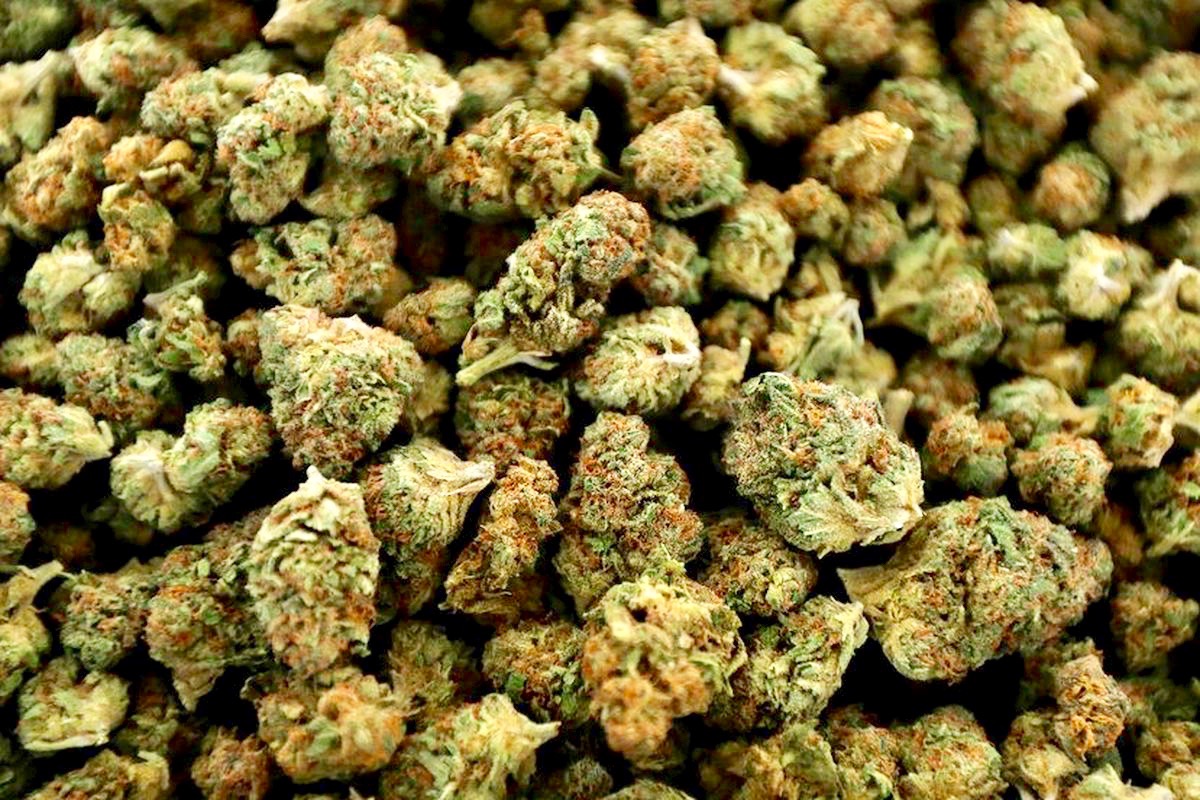Image via
A proliferation of cheap, imported black-market weed is making it hard for Thailand’s new generation of legal cannabis farmers to turn a profit.
Four years after becoming the first Southeastern Asian country to legalize medical marijuana, Thailand went whole-hog and completely decriminalized cannabis last year. Pro-weed government officials, led by Health Minister Anutin Charnvirakul, hoped to reposition the country as a global hub for medical cannabis. But although the new law only technically legalizes the medicinal use of cannabis, wily entrepreneurs have kicked off a thriving recreational market.
Every major Thai city is now rife with cannabis cafes, pot trucks, and weed-friendly restaurants. Lawmakers proposed a bill that would impose much-needed regulations on the industry, but opponents argued that the country should instead make weed illegal again. The debate blocked the regulatory bill from passing, and lawmakers have now tabled it until after this spring’s general elections.
Droves of Thai farmers have switched from traditional crops to weed over the past year, hoping to make bank in this lucrative new industry. But without the necessary regulations in place, many of these farmers are struggling to survive. Cheap, American-grown black market weed has started flooding into Thailand, and a growing number of dispensaries are choosing this cheaper product over domestically-grown flower.
“A decent locally grown strain goes for 300 baht [$9] per gram but imports are only 150-180 baht [$4.50-5.30] per gram,” explained Prajya Aura-ek, owner of several licensed dispensaries in Bangkok, to Al Jazeera. “Each day we have brokers, both Thais and other nationalities — this is definitely a multinational business — coming into our shops trying to sell us imported weed. But we turn them all down.”
Most other dispensaries aren’t turning down a chance to boost their profit margins by buying cheaper product, though. Thai-grown bud also tends to have lower THC content than American pot, giving weed shops another incentive to favor foreign bud. And to make matters worse, many of the country’s cannabis dispensaries are foreign-owned, and some have deliberately decided to import weed rather than buy from local farmers.
Importing cannabis into Thailand is still completely prohibited, but some officials are apparently willing to look the other way in exchange for a slice of the profit. “Unfortunately corruption and nepotism tend to be the obstacles,” cannabis advocate Chokwan “Kitty” Chopaka told Al Jazeera. “It’s quite sad to see the people who it’s supposed to be for, unable to get into the market.”
“There’s already a law in place to deal with illegal imports but the people supposed to be in charge fail to enforce it, namely officers from customs and agriculture departments,” said Supachai Jaisamutr, a lawmaker who has been actively advocating for cannabis reform, to Al Jazeera. “But in the long term, we need to pass the Cannabis Act so there will be specific laws to tackle this specific issue of weed smuggling.”











